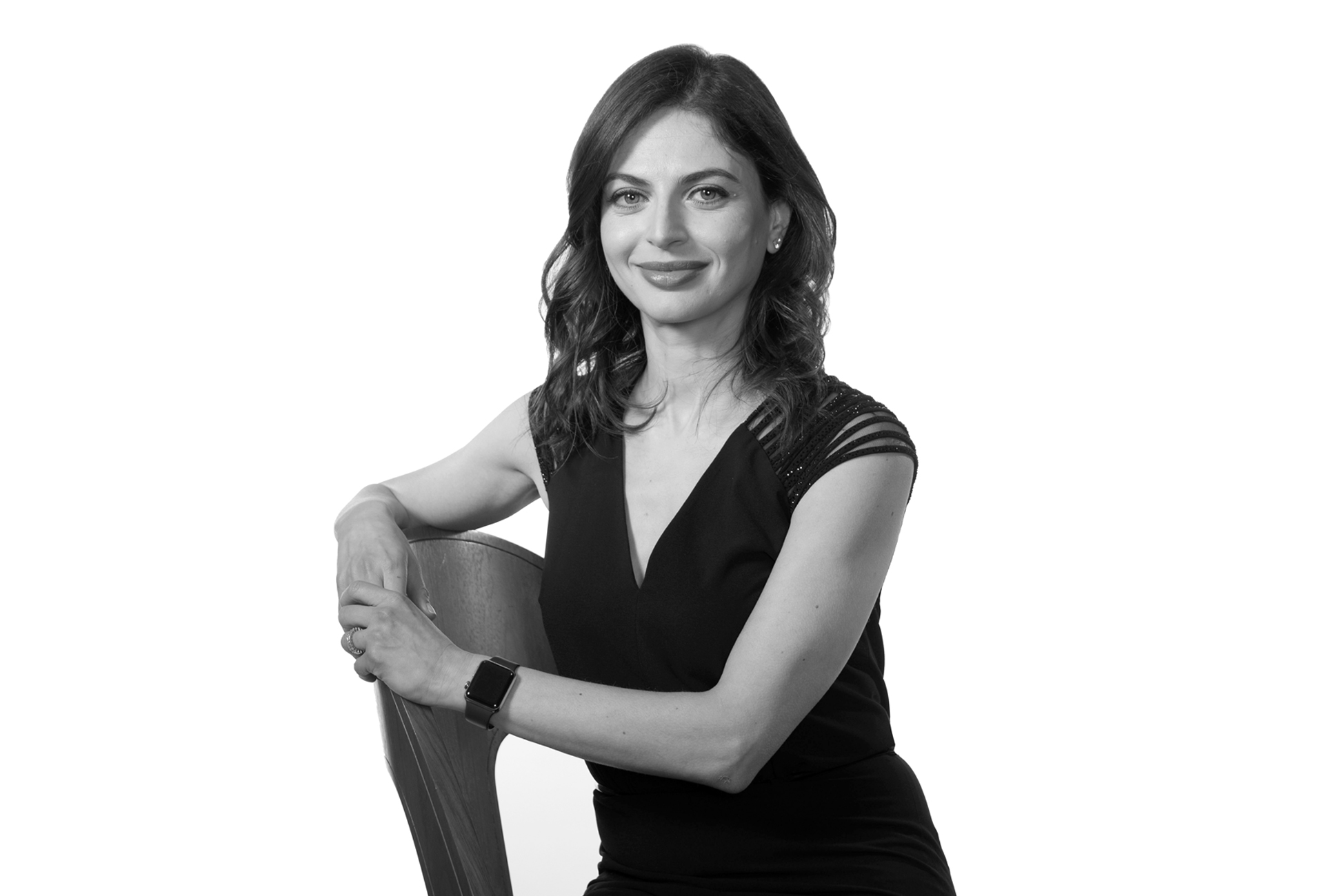The Pro Bene Meritis award is the highest honor bestowed by the College of Liberal Arts. Since 1984, the annual award has been given to alumni, faculty members and friends of the college who are committed to the liberal arts, have made outstanding contributions in professional or philanthropic pursuits or have participated in service related to the college. The following is an interview with one of the 2018 recipients.
Bianna Golodryga
Education: B.A. Russian, East European and Eurasian Studies ’00, The University of Texas at Austin
Hometown: Houston, Texas
Bianna Golodryga is co-host of CBS This Morning. She is a New York-based correspondent for CBS News and a regular CNN contributor. In 2001, she started her television career as a CNBC bureau producer from the New York Stock Exchange, where she produced live coverage of the 9/11 terrorist attacks. She went on to become a segment producer for The Wall Street Journal Report with Maria Bartiromo and then, an on-air correspondent for CNBC. Golodryga joined ABC in 2007, reporting extensively on the automobile, housing and financial crises and co-anchoring the weekend edition of Good Morning America for four years. After ABC, Golodryga began covering major financial and news stories alongside Katie Couric for Yahoo Global News. She has served on UT Austin’s Chancellor’s Council and its President’s Associates, and she is an active alumni volunteer for the Center for Russian, East European and Eurasian Studies.
What drew you to television news over print, radio or other formats?
I came into broadcast journalism because I was interested in business news, having watched CNBC for years. I started my career as a producer.
What do you think the pillars of great reporting are?
A combination of trusted sourcing (and multiple sources at that), in-depth knowledge of the story and field, fact checking and, of course, objectivity.
How do you think your degree in Russian, East European and Eurasian studies has informed your career?
How has it not? I’ve been able to utilize my educational expertise in a myriad of stories I’ve covered ranging from business, to geopolitics, terrorism and cybersecurity.
“Never assume to know where your reporting will lead you. Objectivity is crucial.”
Bianna Golodryga
What was your favorite class at UT and why?
Dr. [Robert] Moser’s Soviet and Russian government class. His masterful storytelling combined with his passion for the subject matter made it a must-attend course.
What do you consider the most important reporting of your career?
As a producer: the aftermath of the 9/11 attacks. As a reporter and anchor: the Boston Marathon bombings and the 2016 election.
What books are on your nightstand?
I’ve just finished James Comey’s A Higher Loyalty and have just started to read Michael McFaul’s From Cold War to Hot Peace.
What advice would you give to aspiring journalists today?
Read everything you possibly can. Ask as many questions as you possibly can. Never assume to know where your reporting will lead you. Objectivity is crucial. And finally, being first to break a story is not nearly as important as getting it right … especially in today’s partisan-driven news cycle.
What are your favorite memories from your time at UT Austin?
Spending time with friends on Mount Bonnell, dinners at Hula Hut and studying at Mozart’s.
Why do you think it is important to give back to your alma mater?
I spent my most formative years here at UT. It would be extremely selfish of me if I didn’t want others to have the same experience.
Did you always want to be a journalist?
I actually stumbled into journalism. I had initially planned on having a career in finance.
What is one fact that people are always surprised to learn about you?
I’m not very good at managing our family’s finances. Thankfully I’m married to a brilliant man who is!
What is one thing you wish the American public understood better about your job as a journalist?
Having been born in a repressive regime [USSR] that censored all media, I’ve come to realize that many Americans take a free press for granted. We journalists are by no means infallible, but the great majority of us strive to do good work … with the goal of better informing a democratic society.
